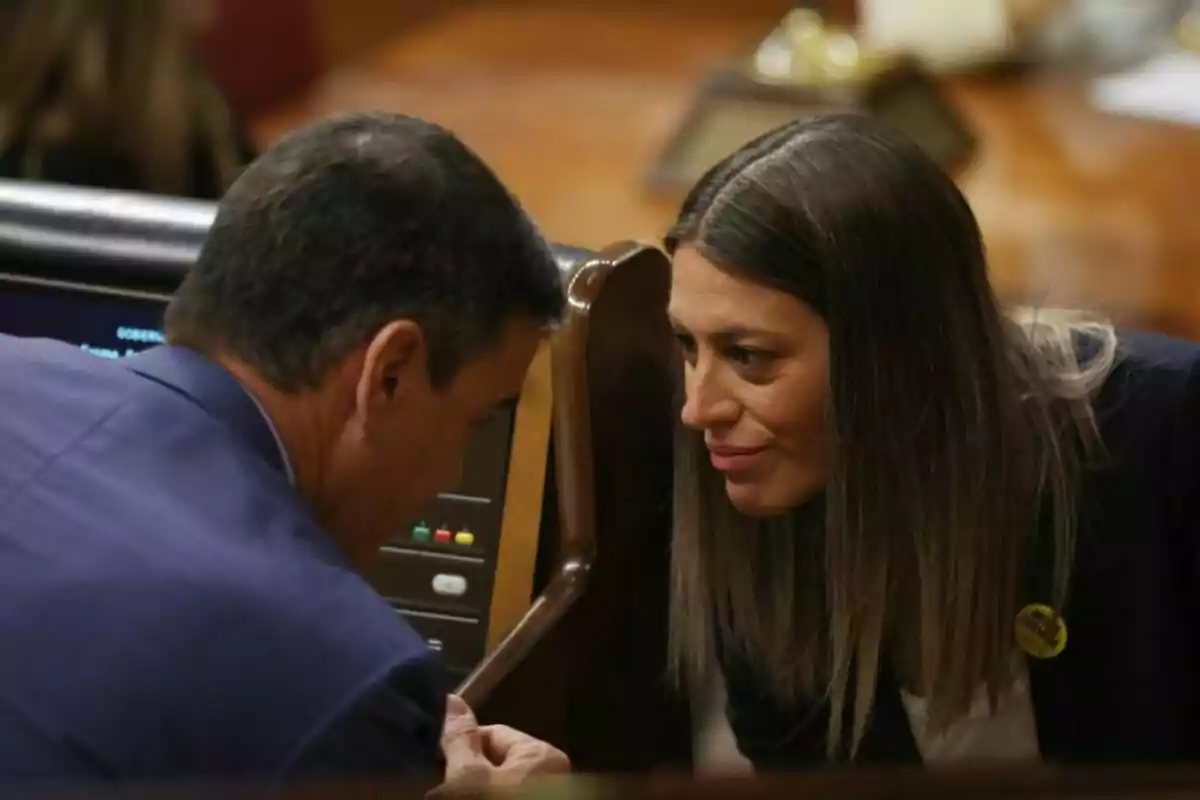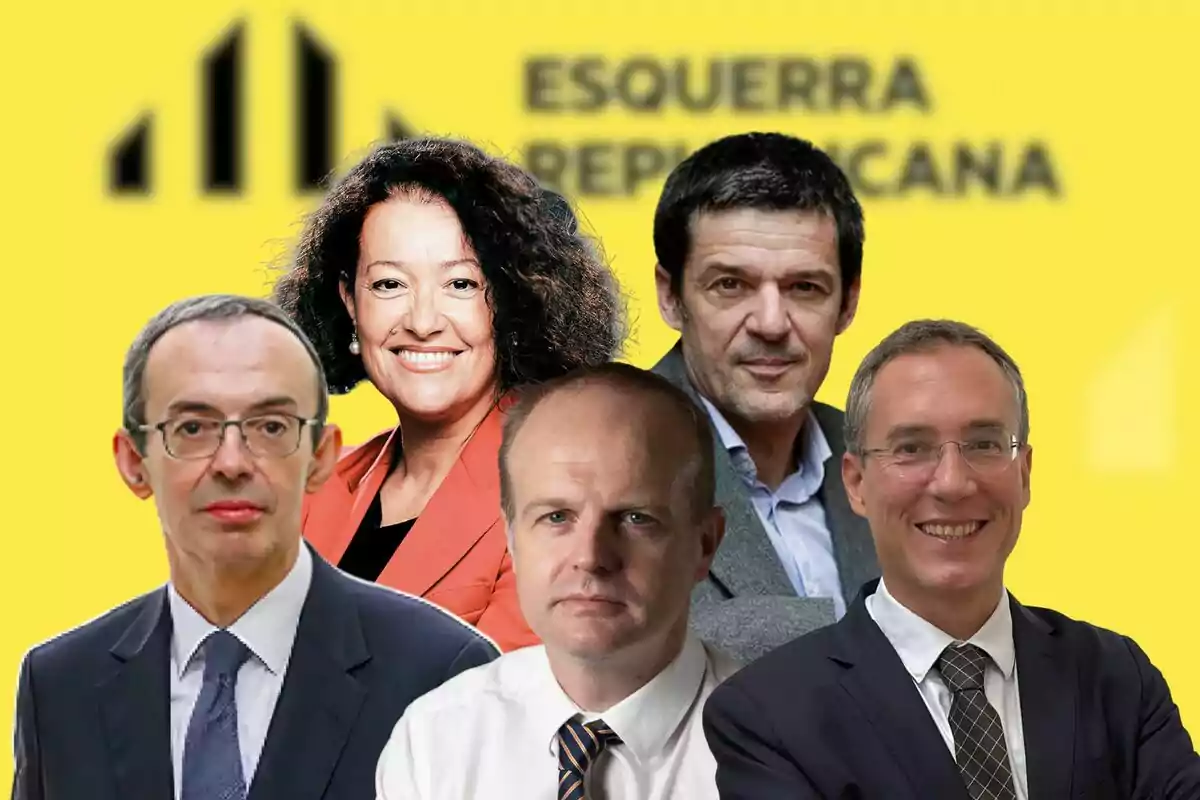
Why ERC and Junts keep Pedro Sánchez in check: 10 positions on boards of directors
The separatist supporters have gone from wanting to break up the State to living off it
ERC and Junts promised to break up the Spanish State and have ended up living off it. This is the main reason why neither Puigdemont nor Junqueras are considering bringing down President Pedro Sánchez. They have ten of their members placed on the boards of directors of state-owned companies with astronomical salaries.

Neither the corruption cases looming over President Pedro Sánchez nor PSOE's repeated breaches have broken ERC and Junts's loyalty. The separatist movement has managed to carve out a place in the State's public companies. At the same time, they keep losing votes precisely because of the perception that they've sold out the separatist project for power and money.
Junts, from activism to the upper echelons
Junts voted for President Pedro Sánchez to obtain amnesty, official status for Catalan in Europe, and the transfer of immigration powers. Their strategy aimed to negotiate a self-determination referendum and Catalonia's independence.
So far, they haven't achieved any of the commitments they extracted from PSOE in exchange for voting for President Pedro Sánchez. However, they have five of their own placed in the management teams of major state-owned companies.
Eduard Gràcia, former ANC leader, went from advocating for Renfe's disappearance from Catalonia to joining its board of directors. Ramon Tremosa, close to Puigdemont and former minister under Quim Torra, was appointed as a board member of Aena.
Junts also placed Miquel Calçada on RTVE's board of directors. Helena Massot, from the separatist business association FemCat and very close to Artur Mas, joined the public company Enagás. Pere Soler, former director of the Mossos during the October 1 referendum, is now at the National Commission on Markets and Competition (CNMC).

This is the result of a deliberate strategy ordered from Waterloo to colonize the centers of power in Madrid. In this year and a half of the legislative term, Junts hasn't achieved any of its goals for Catalonia. However, they've managed to expand their influence in Madrid's power circles, as in the old days of CiU.
ERC, from the streets to the boards of directors
ERC has also reduced a century of history of the struggle for separatism to collecting political favors in positions on the State's boards of directors. Of the oppressive Spanish State, to be clear.
The Republicans voted for Sánchez and Illa to obtain amnesty, special funding, and the transfer of Rodalies. Their promises are nowhere to be seen, but meanwhile, as time goes by, they keep their privileges. Esquerra also has five of its members on the boards of directors of public companies.
The latest to be placed is Albert Castellanos, former minister of the Generalitat, who will be proposed as a board member of Redeia (Red Eléctrica). ERC also has one of its own, Oriol Junqueras's former chief of staff, Sergi Sol, on RTVE's board of directors. Another Republican, Josep Maria Salas, is a board member of the National Commission on Markets and Competition (CNMC).
Special mention goes to Jordi Pons, a fervent defender of "Spain is robbing us," who now holds a seat on the board of directors of the Bank of Spain. Rounding out the list is Laura Castel, former ERC senator now at the European Council.

This explains why ERC has become President Pedro Sánchez's most loyal ally in Madrid and Salvador Illa's in Catalonia. Perhaps it also helps explain why they're sinking in the polls just like Junts. Both have little to gain and much to lose with the fall of the socialist government.
More posts: